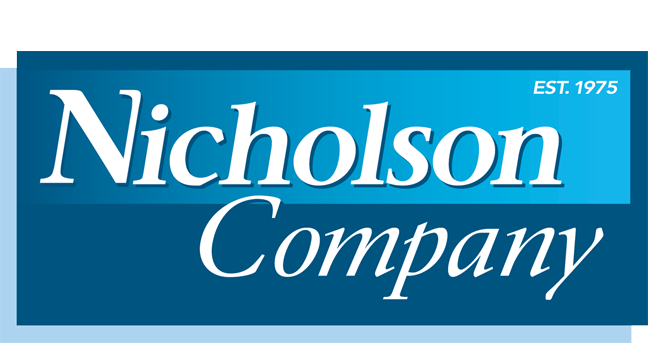5 Ways Your Air Filter is Increasing Your Carbon Footprint
Your air filter serves as a protective barrier that removes pollutants from the air that circulates through your HVAC system. It’s a critical component of your home and can help you save money. However, it can also cost money if you don’t use it correctly. Your air filter might be increasing your carbon footprint in your Enka, North Carolina, home if these scenarios sound familiar.
You’re Buying the Cheapest Filter
A cheap air filter might save you a few dollars in the home improvement store checkout line, but it could cost you more than that in energy bills. If you look at the air filter packaging, you’ll see an MERV (minimum efficiency reporting value) rating. This tells you how energy-efficient the filter is.
When you buy the cheapest air filter on the market, you’ll walk away with a lower MERV rating. Higher quality air filters have higher MERV ratings, and therefore, reduce your home’s carbon footprint. Not only do they offer energy savings, but they’ll keep your air cleaner, which means improved indoor air quality (IAQ).
You Don’t Change Your Air Filter
It’s hard to remember to change something that you don’t see every day. However, air filters quickly fill up with dust, dirt, lint, and other pollutants that gradually reduce their efficiency. A clogged air filter restricts airflow through your HVAC system. You’ll see increased energy bills, and your home will have a larger carbon footprint.
Experts recommend changing your air filter every one to two months. Some filters are designed to last longer — up to 12 months — but make sure you read the instructions on the packaging. If you have pets, for instance, you might need to change your filters more often than the manufacturer recommends. Keeping up with HVAC system maintenance reduces your carbon footprint.
Your Air Filter Isn’t the Right Size
Before you buy air filters, make sure you know which size you need. Each filter’s packaging should display its length and width. If your filter is too small, it won’t catch all of the debris that flows through your HVAC system, which could result in dirty coils and ducts. Both problems will increase your home’s carbon footprint.
Additionally, the air filter’s thickness matters. Thicker air filters last longer and trap more debris. The cheap, one-inch filters you can find at your local supermarket might seem cost-effective, but they’ll actually cost you more money in energy bills. If you’re not sure about the correct sizing, give us a call to speak to a professional.
Your Air Filter Gets Clogged Quickly
Sometimes, it’s difficult to know how often you should change your air filter. Set up an alert on your computer or smartphone that will remind you to look at the filter every two weeks. Pay attention to the amount of debris caught in its fibers. If your filters get dirty really quickly, you might have a different problem.
The issue could relate to the filter’s quality. You might also have dirty ducts or a problem with dust clogging the vent grill. Whatever the case, consulting one of our HVAC technicians might help you identify the problem and prevent it from recurring in the future.
You’re Not Using an Efficient Filter
In addition to considering the MERV rating, you’ll want to look for air filters that have other energy-efficient features. Thin filters made from fiberglass offer the least efficient option. If you’re worried about paying too much for filters, consider the pleated variety. They’re not much more expensive, but they trap more dust and have higher MERV ratings.
Shoot for MERV ratings in the range of 8-12. If you go with a higher number, the filter might become too dense, which could restrict airflow to your system. However, if you buy a less efficient filter, you’ll pay for your choice when your energy bill arrives in the mail.
Reducing your home’s carbon footprint starts with your HVAC system. When you choose an efficient air filter and care for it properly, your system will consume less energy. If you need more home heating and cooling guidance, call Nicholson Company at 828-697-2638 to schedule an appointment with one of our technicians.


